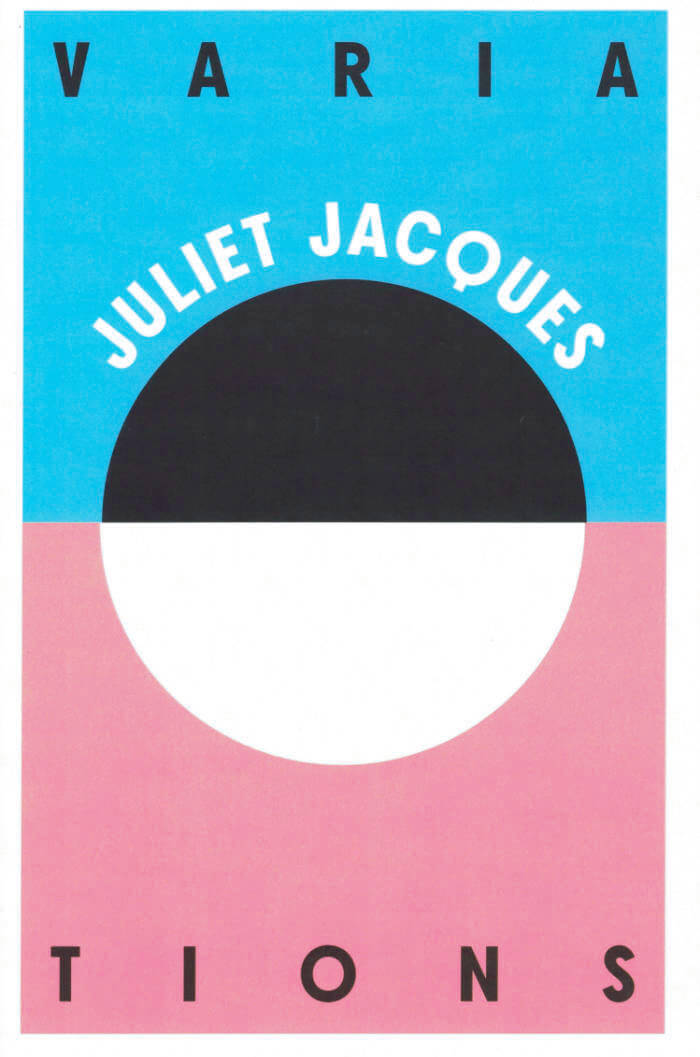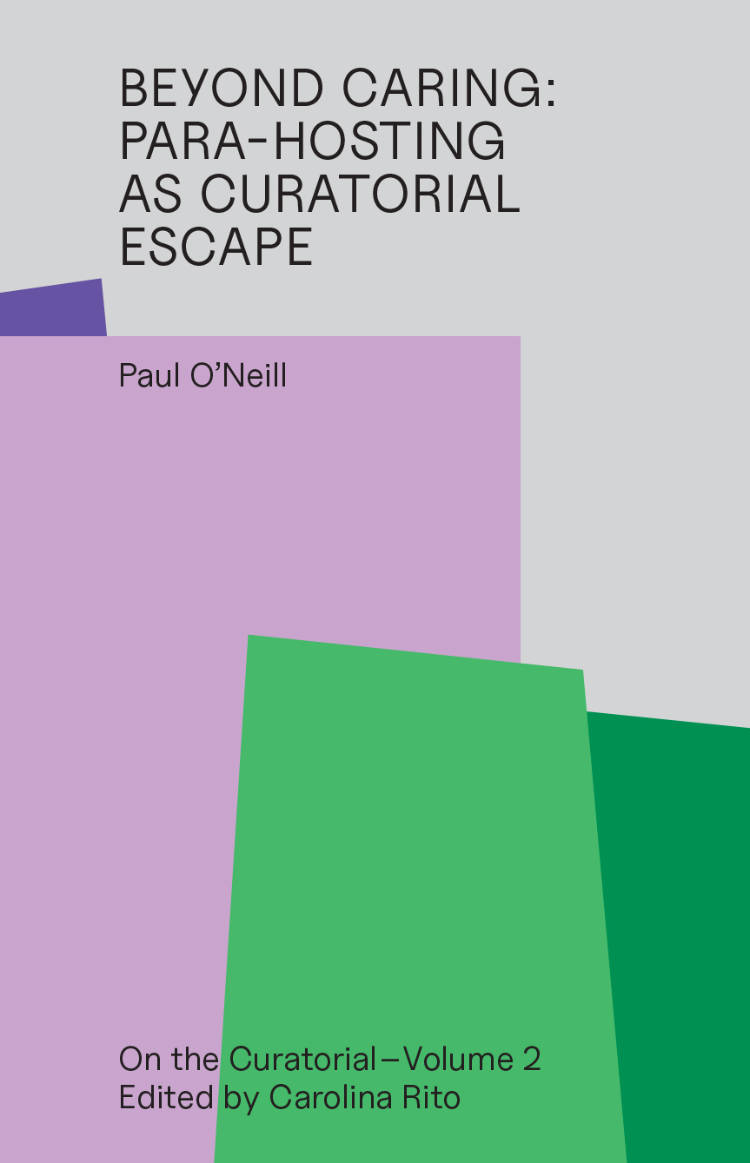
On Care
Sharon Kivland ed., Rebecca Jagoe ed.
Care is a matter of responsibility for human and nonhuman allies, an ecological network. Care is an imperative, and acting with care approaches the world beyond selfhood. ON CARE, an aggregate of voices, discusses the politics of caring, support, and the role of welfare in an increasingly neoliberal society. It questions who is seen as worthy of care, whose narratives are given attention, and whose lives are overlooked in a complex web of assemblages: conceptions of medical authority, the co-option of self-care in political rhetoric, care as a commodity in the hospitality industry, intergenerational intimacy, sexecology; care as utopian and care as transactional. ON CARE maps a constellation of perspectives, as testaments, fictions, and essays, addressing the relation between good health, interdependence, and the ethics of (self)care.
Contributors: Tom Allen, Uma Breakdown, Alice Butler, Oisín Byrne, Julia Calver, Jamie Crewe, Juliette Desorgues, Rachel Genn, Laura Godfrey-Isaacs, Laura González, Holly Graham, Helen Hester, Justin Hogg, Juliet Jacques, Mati Jhurry & Rebecca Jagoe, Juliet Johnson, Sophie Jung, Daisy Lafarge, Elisabeth Lebovici, Rebecca Lennon, Rona Lorimer, Katharina Ludwig, Mira Mattar, Martina Mullaney, Cinzia Mutigli, Carolina Ongaro, Molly Palmer, Roy Claire Potter, Nat Raha, Helena Reckitt, Ruiz Stephinson, Erica Scourti, Victoria Sin, Himali Singh Soin & Tyler Rai, Miguel Soto Karlovic, Isabella Streffen, Jamie Sutcliffe, Maija Timonen, Lynn Turner, Rosa-Johan Uddoh, Daniella Valz Gen, Nina Wakeford, Alberta Whittle







